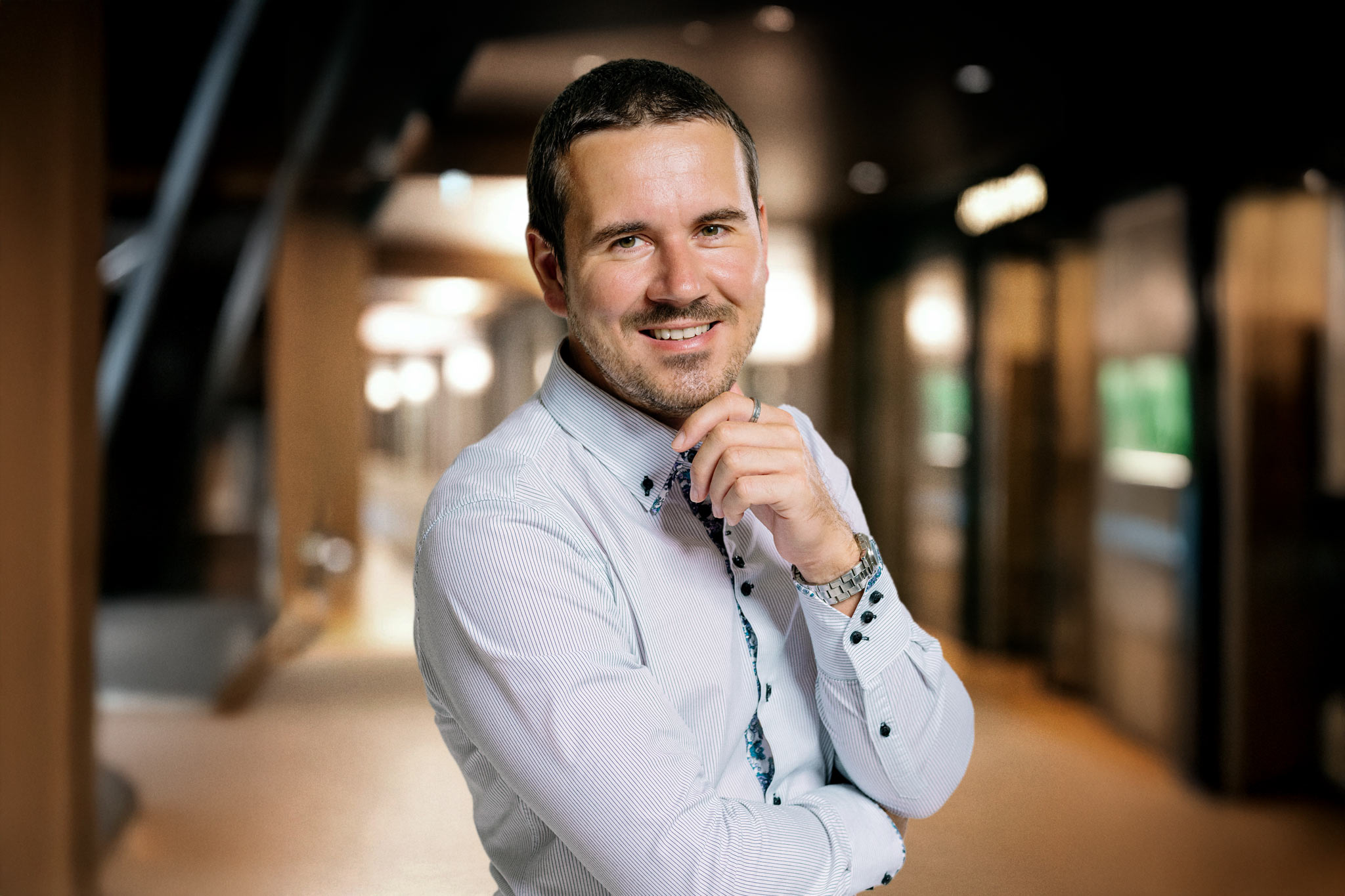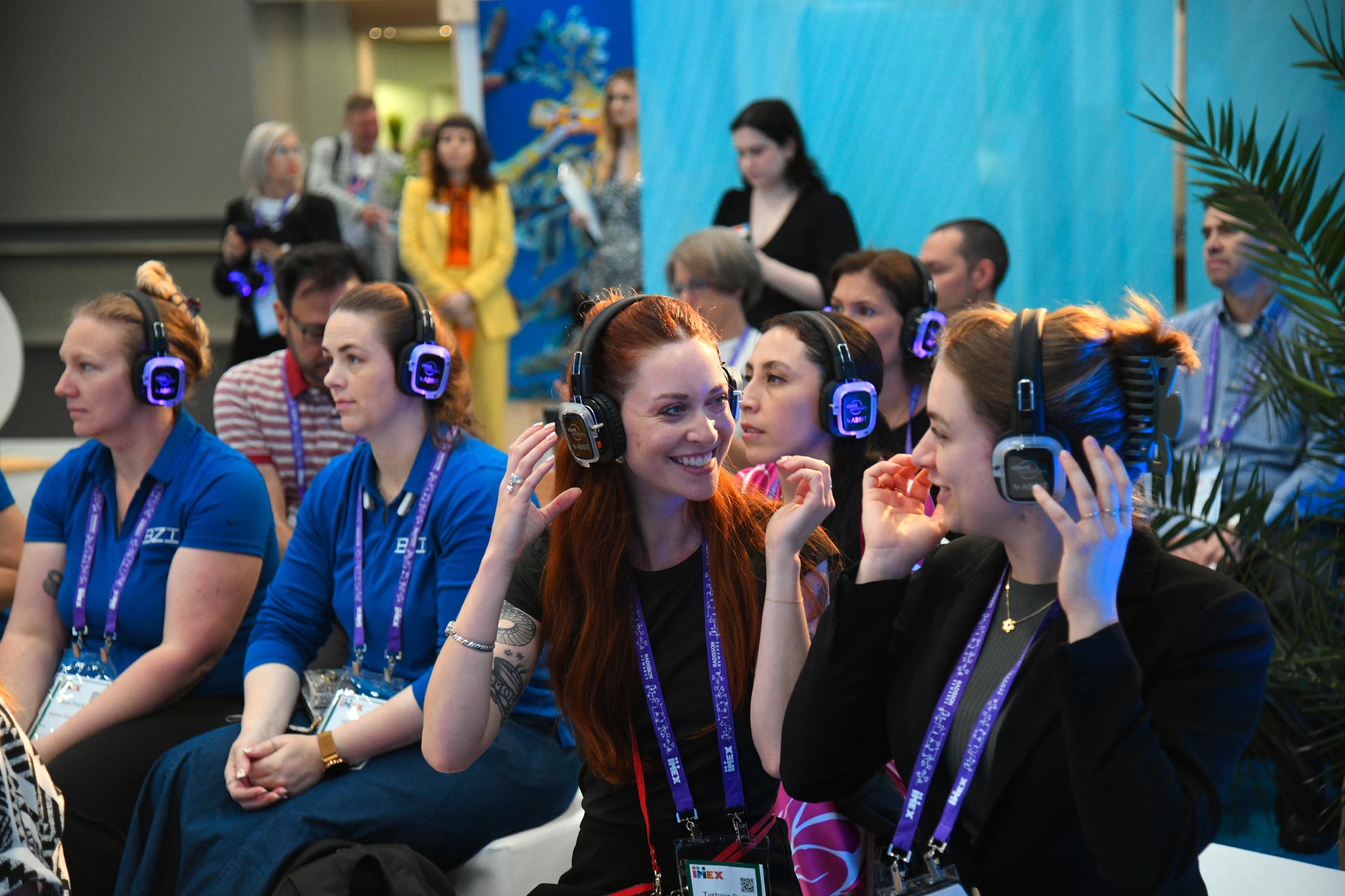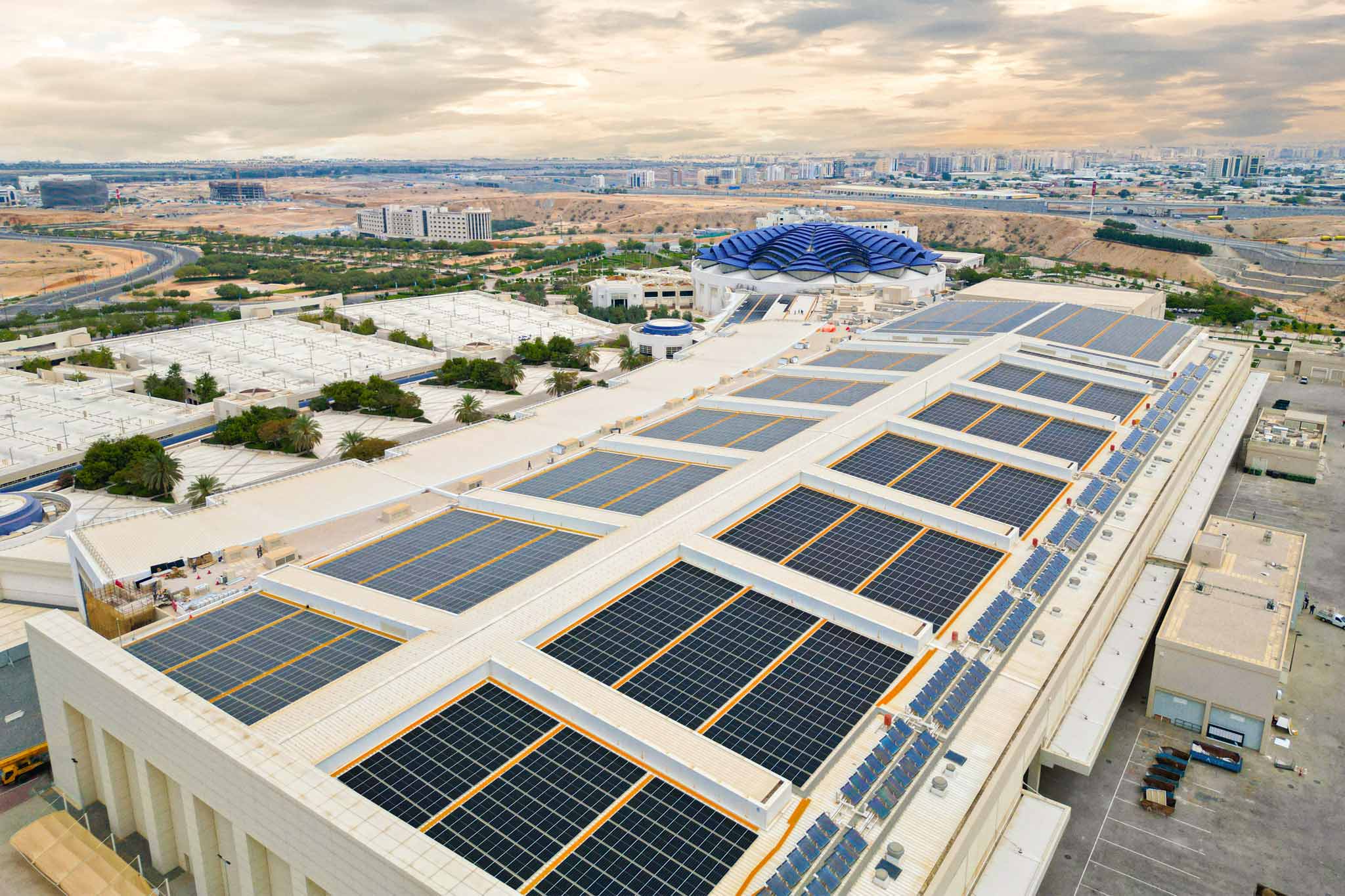Prague is the political, cultural and economic centre of the Czech Republic, which has 10.7 million inhabitants, while the capital has 1.4 million. A strong focus on innovation, technology, and services with high internationalisation and competitiveness characterises the economy. The city has a well-developed infrastructure and is home to many major companies and industries, in fields like biotechnology, electronics, automotive, software development, film production and tourism. Major city employers include Skoda Auto, Siemens and Honeywell.
Prague is also an innovative science hub. It excels in fields such as artificial intelligence and robotics, biomedicine, low-carbon technologies, data technologies, and selected creative industries, providing many opportunities for implementing business events with matching topics.
The Prague Convention Bureau has recently secured a new three-year contract to obtain funding for its activities. In 2022, the City of Prague implemented the city tax on accommodation and decided to reinvest a certain percentage of collected city tax back into the development of the tourism sector. Roman Muska, CEO of Prague Convention Bureau, hopes this will also positively impact the development of the business events industry in the long term.
“The development of meetings and business events is the core of our activities as a convention bureau. In the past decade, we could see how this segment was gaining more and more visibility and appreciation, but still not quite at the level we would like to see. It is imperative to constantly reiterate the importance and positive impacts of the meeting industry, not only from the economic impact point of view but also all the other aspects, such a knowledge transfer, investment driver, or destination promotion,” says Roman Muska.
Just recently, Prague representatives approved a new strategy for incoming tourism for 2024–2027, highlighting the importance of developing meetings and business events. This proved that politicians on the municipality level see the opportunity to develop this specific segment of the tourism industry.
On the national governmental level, the tourism sector falls under the Ministry of Regional Development, which manages the Czech Tourism Authority and its sub-department the Czech Convention Bureau, which acts as the umbrella organisation for all 14 regional convention bureaux. The Ministry of Regional Development has various agendas, and tourism is just a small part of its activities. Therefore, the support and budgets are still behind the ideal-case scenario compared to other destinations.
“We are creating a new business brand for the city with Prague City Tourism as the official Destination Management Organisation (DMO). As part of this process, we plan to jointly unify our corporate brand with the official DMO to communicate the new brand in 2025.”
“Global associations are already creating their legacy by coming to the destination and bringing international know-how”
Sustainability is one of the most discussed topics in the meeting industry worldwide, Prague not excluded.
“We are glad that we can support more sustainable meetings in the City of Prague through offering free or discounted public transportation tickets to congress delegates. We can see that many local suppliers focus on sustainable aspects, including energy efficiency and reduced carbon emissions. The Prague City Council approved 2019 Prague’s climate commitment to reduce CO2 emissions by 45 per cent by 2030 and eliminate them by 2050. The City of Prague has decided to stop supporting events in which single-use plastics and dishes are used, but is supporting events with reusable cups and plates. In 2023, the Czech Republic was ranked 8th in the Global Sustainable Development Index, proving that we are moving in the right direction.”
The legacy of meetings in Prague is another big topic discussed in past years, and Roman Muska comments: “I believe there is a difference between the corporate and association events. Usually, corporate events have policies where the legacy projects are more connected with their CSR strategies, so we can see various projects supporting the local communities. On the other hand, global associations are already creating their legacy by coming to the destination and bringing international know-how, which positively affects the development of a local community of scientists or doctors in the specific field, which benefits the local community. It must be highlighted and communicated more to the general public and politicians.”
Furthermore, we discuss the pivotal role of international congresses and conferences in professional development. These events provide a platform for networking with colleagues from other countries, potentially leading to significant career advancements, even the prestigious Nobel Prize.
“I fully agree. At international conventions and congresses, you can gain new contacts, inspiration, and new ideas that help you move further and develop your professional profile.”
When Roman Muska shares his vision of the future, he would love to see no interruption caused by global geopolitical situations, natural disasters, or pandemics.
“The two years of the pandemic showed us that we need to meet face-to-face, so I am not expecting any significant changes towards going more online. The new technologies, such as AI, will play an important role and simplify many processes. I also wish to finally have a direct train connection from the airport to the city centre, so let’s keep our fingers crossed.”



